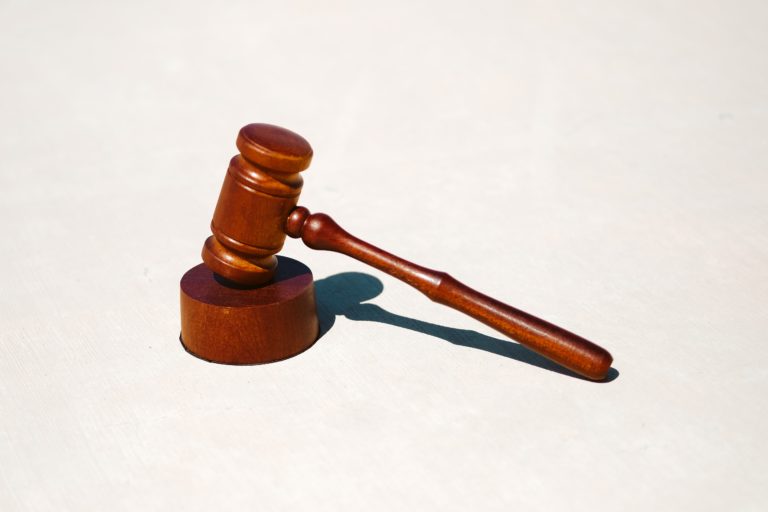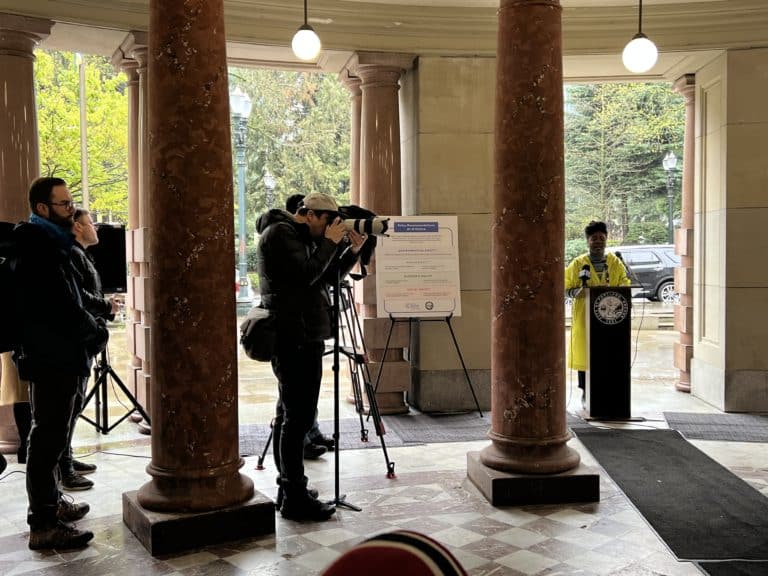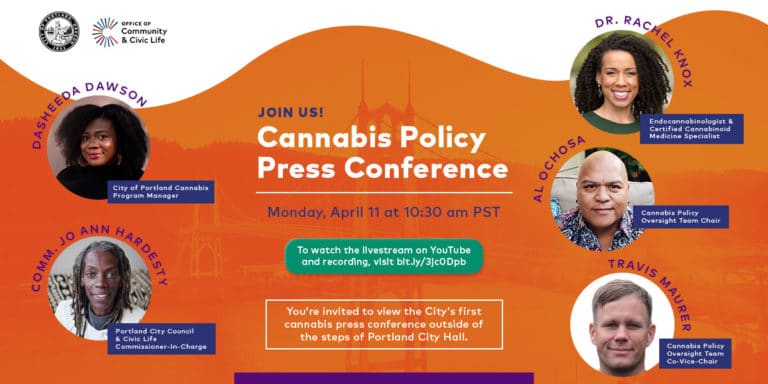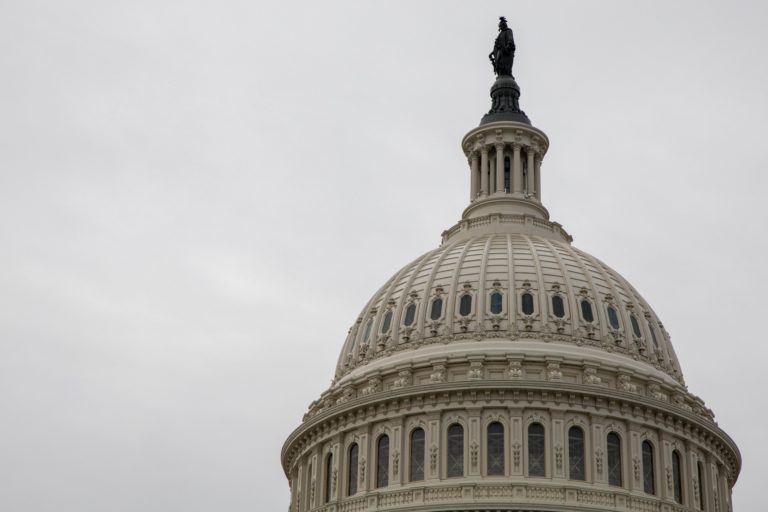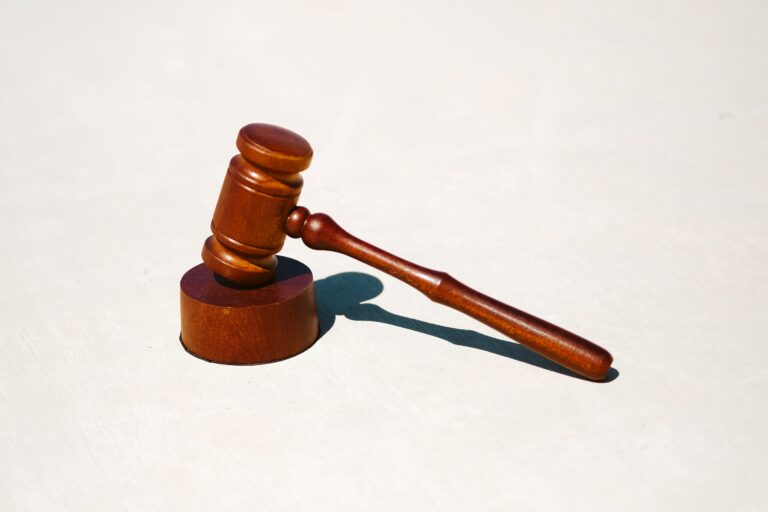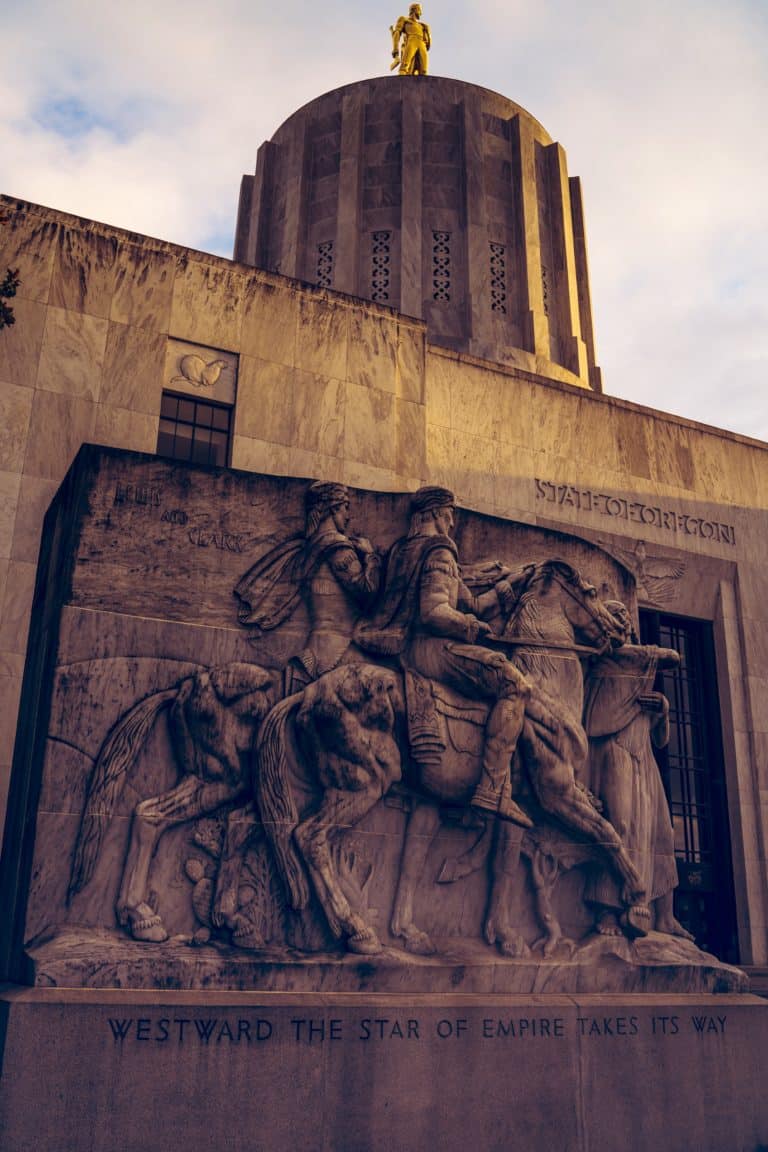As cannabis legislation continues to pass in statehouses and ballot referendums across the country, changes to the federal statutes cannot be far behind. The strategy behind federal legalization, however, is just as important as achieving the goal. The way legalization unfolds at the federal level will directly impact the type of industry cannabis will ultimately become.
Marijuana is a Scheduled 1 Drug
The Controlled Substance Act defines Schedule 1 drugs as chemicals or substances that “have no medicinal value” and “pose a high potential for abuse”. Heroin, LSD, “MDMA (commonly referred to as ecstasy)”, and peyote are amongst the list, as well as, marijuana. Although thirty-three states and the District of Columbia have legalized medical marijuana, it continues to be classified as a Schedule 1 drug. The rescheduling of marijuana would acknowledge its medicinal value whereas, de-scheduling would allow for the broadest form of regulation.

Rescheduling Marijuana
The rescheduling of marijuana to one of the other four categories would make it possible to regulate for medicinal purposes. Schedule 2 drugs are commonly known substances such as hydrocodone (Vicodin), methamphetamine, amphetamine (Adderall), and oxycodone (Oxycontin), which are attainable by prescription and monitored by a physician. Rescheduling marijuana would make the substance accessible to all individuals seeking treatment for diseases such as epilepsy, seizures, and cancer. In addition, rescheduling would make it possible to conduct research on the medicinal benefits of marijuana, which are not available under its current schedule.
There is significant momentum in a push towards rescheduling. Rescheduling, however, would bring cannabis into the purview of the FDA, a sphere already dominated by powerful pharmaceutical interests. It is no surprise, then, that industry groups standing to profit have already engaged their lobbyists to push legislation in the direction most beneficial to them.
Descheduling Marijuana
Patients and user advocates agree that the plant is scheduled incorrectly as medically useless, but would prefer that it be removed from the drug schedule all together. Most feel that cannabis should never have been connected to the Controlled Substances Act, and that the best solution is total removal via descheduling. Despite its illegality under federal law, as many as 13 states have regulated the use of recreational marijuana. The descheduling of marijuana would protect those states that have legalized against federal enforcement. The benefits of descheduling include, but are not limited to, an increase in tax revenue, access to the use of federally regulated banks, criminal justice reform and the dismantling of the illicit market. Following legalization, states like Colorado and California have generated millions in tax revenue from marijuana sales, which in turn gets distributed back into the community via schools, infrastructure and so on. As states continue to legalize some form of marijuana, the federal government will be left with no other choice than to either deschedule or reschedule the plant.
Regardless of specific descheduling strategy (some favor an immediate change, while others promote a gradual roll-out) descheduling is a complete decoupling of cannabis from the American War on Drugs. Descheduling has obvious benefits for cannabis users, but its most active lobbyist are those who speak for the cannabis industry itself. Regulations are regularly cited as the most cumbersome aspect of starting a cannabis business and the most expensive aspect of maintaining one. Descheduling would likely result in a dramatic reduction in the regulations imposed upon cannabis businesses. The reduction in expenses and hours associated with over regulation would likely allow smaller firms to thrive in a market which has become increasingly competitive.
The cannabis industry and the agencies tasked with regulating them have differing opinions about what form federal legalization will take. In addition to the re/de-scheduling push, there are several bills outlining potential strategies stalled at various points in government. It is unlikely that any of these ‘roadmap bills’ will be the model that eventually brings state laws into alignment. The STATES Act, a bill with bipartisan support, is the latest iteration of this legislation, and would allow state enacted cannabis regulation to trump federal prohibitions. Like many such bills, it was introduced with great fanfare. The actual text of bill has very few differences from typical marijuana legislation, with one key exception. The STATES Act was co-sponsored by a senator currently running for President. Times have changed. And now, finally, the laws may change too.




